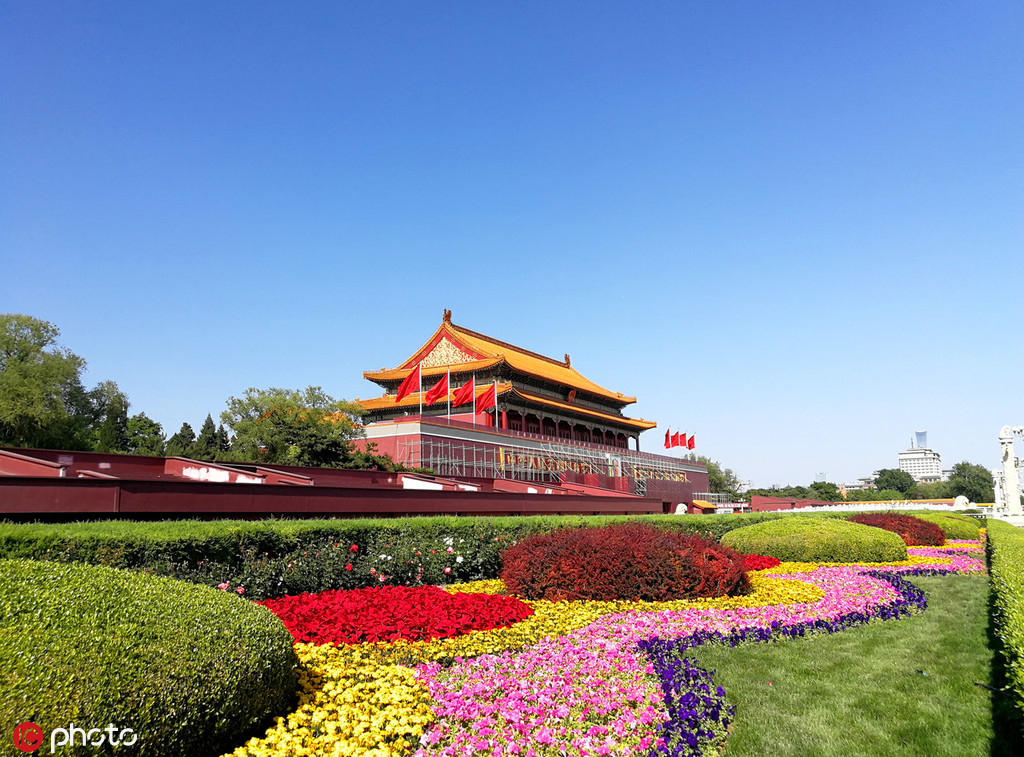China's air quality better, but fight must go on


A senior official from the Ministry of Ecology and Environment said that China's air and water quality improved last year, but the government must maintain its efforts to fight pollution.
According to a bulletin on national ecology and environment released on Wednesday, of 338 cities measured, on average, 79.3 percent of days had good air quality, a 1.3 percentage point increase year-on-year.
The average density of PM2.5 was 39 micrograms per cubic meter, down 9.3 percent compared with the previous year.
In the Beijing-Tianjin-Hebei province cluster, an average 50.5 percent of days last year had good air quality, an increase of 1.2 percentage point year-on-year.
Bai Qiuyong, head of the department of ecological and environmental monitoring of the ministry, said that air quality nationwide has shown continuous improvement, which shows their methods are working.
"However, it is still a long, arduous and complicated process to combat air pollution," he said.
The bulletin, released by the Ministry of Ecology and Environment and 11 other central government departments, examined all aspects of the nation's environment from air and water quality to farmland and forest coverage, as well as weather changes and related disasters.
Surface water was also an important concern.
Water below Grade V-the lowest quality grade in China's five-tier system-accounted for 6.7 percent of water, a year-on-year decrease of 1.6 percentage point. Water between Grade I and Grade III reached 71 percent, up 3.1 percentage points year-on-year.
To protect the Yangtze River, Bai said, they are promoting several plans to better monitor and analyze its water quality.
"First, the ministry will send monthly water quality reports and quarterly warning information to local governments to urge them to better perform their duties. The central government will add 780 monitoring spots along the river.
"Along the main stream of the Yangtze River, we will also launch drones to monitor the ecology and environment and list all the problems," he said.
He added that the ministry plans to eliminate water below Grade V in the sections they monitor along the Yangtze River by 2020.
However, underground water quality, especially shallow water, remains poor, the bulletin said.
It found that 70.7 percent of underground water was Grade IV, while about half of shallow underground water was classified Grade V.
- Alibaba committed to AI advancement amid leadership shake up
- Rapeseed flowers bloom in Guizhou, heralding spring visitors
- Chengdu High-tech Zone celebrates Lantern Festival with AI, talent showcase
- Shanghai Disney Resort launches 10th anniversary community giving program
- Premier Li reaffirms commitment to Hainan Free Trade Port development
- Xi takes part in deliberation at annual national legislative session



































